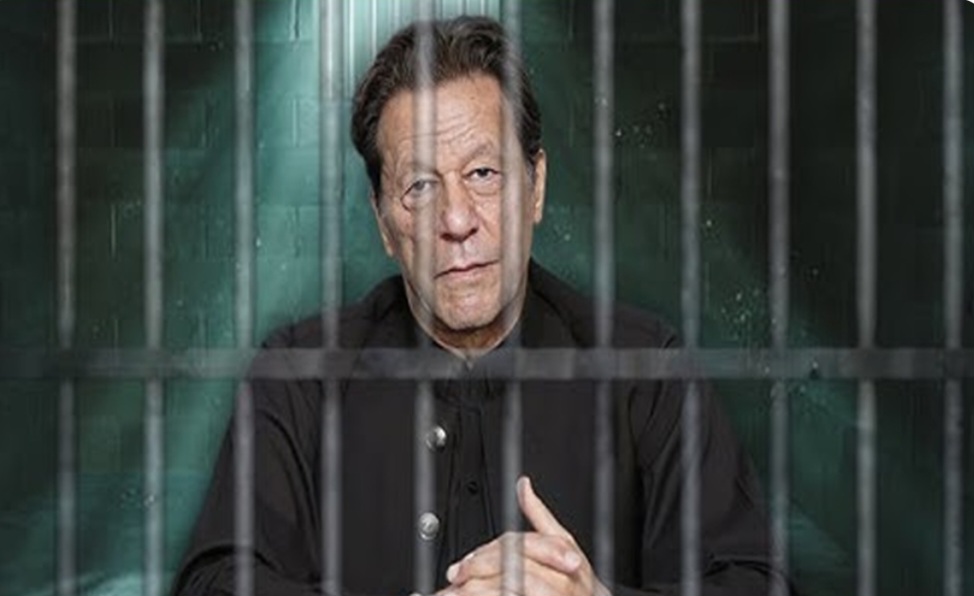By: Lt Col JS Sodhi (Retd), Editor, GSDN

In the annals of Pakistan’s tumultuous political history, May 9, 2023 stands out as a day of reckoning—a moment when the simmering discontent of the people erupted into a powerful wave of resistance against authoritarianism and injustice. The events of that fateful day, marked by the overturning of the PTI government and the imposition of false charges on its politicians, serve as a stark reminder of the entrenched power dynamics plaguing the country’s governance.
At the heart of the May 9 incident lies the Pakistan Army’s tightening grip on the levers of power, overshadowing democratic principles and stifling dissent. The army’s intervention in civilian affairs, culminating in the dismissal of the PTI government and the arbitrary arrest of its leaders, underscores the pervasive influence of the military establishment in shaping Pakistan’s political landscape.
The pretext for the army’s actions was ostensibly rooted in concerns over governance and stability. However, a closer examination reveals a deeper truth—the PTI government’s efforts to challenge the status quo threatened the entrenched interests of the military elite. Prime Minister Imran Khan’s crusade against corruption and injustice struck at the very core of the system perpetuated by the Pakistan Army—a system built on patronage, cronyism, and impunity.
Imran Khan’s pledge to clean the system of corruption and hold the powerful to account posed a direct challenge to the entrenched interests of the military establishment. As the PTI government sought to dismantle the structures of privilege and impunity, it incurred the wrath of those who benefit from the status quo. The events of May 9, therefore, must be understood within the broader context of a struggle for power and accountability—a struggle between the forces of democracy and those of authoritarianism.
The people’s anger on May 9 was not merely a reaction to the overturning of a government, but a manifestation of years of frustration and disillusionment with a system that prioritizes the interests of the few over the needs of the many. The imposition of false charges on PTI politicians served as a chilling reminder of the lengths to which the powerful will go to maintain their grip on power and privilege.
In the aftermath of the May 9 incident, Pakistan stands at a crossroads. The choice before its people is clear—whether to succumb to the forces of authoritarianism and oppression or to stand up and demand a return to democratic principles and the rule of law. The events of May 9 serve as a wake-up call—a call to action for all those who believe in the principles of justice, accountability, and freedom.
It is incumbent upon the people of Pakistan to hold their leaders accountable, to demand transparency and fairness in governance, and to resist attempts to undermine the foundations of democracy. The struggle against authoritarianism is not an easy one, but it is a fight worth waging—for the sake of future generations and the promise of a better, more just Pakistan. As long as there are those willing to speak out and stand up for what is right, there remains hope for a brighter tomorrow, free from the shadows of authoritarian rule.

